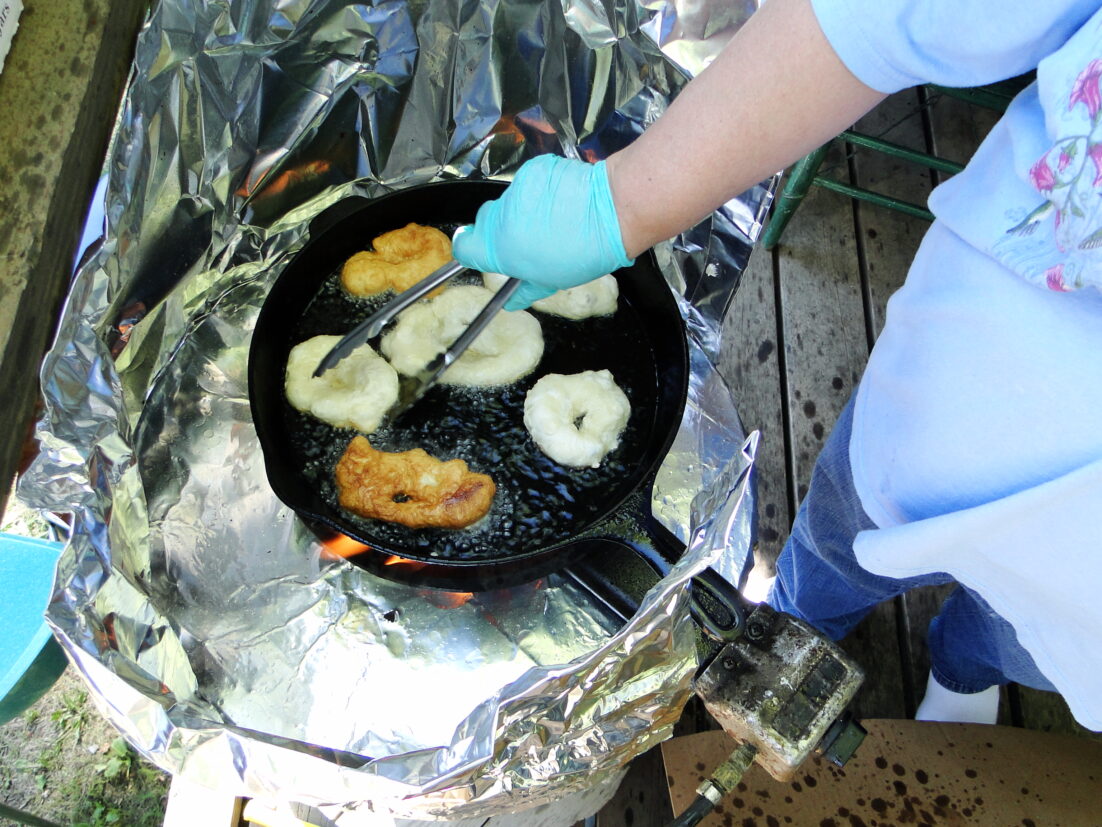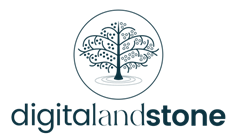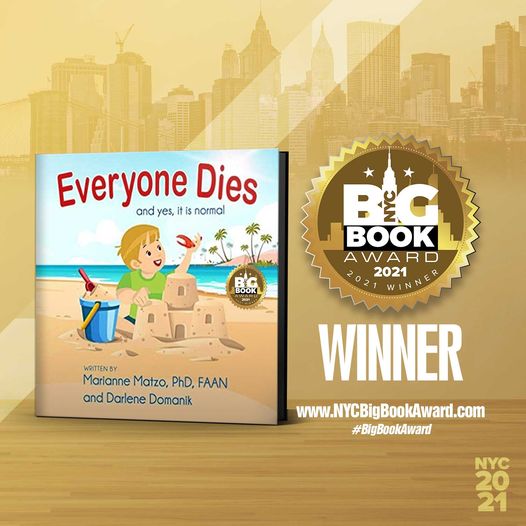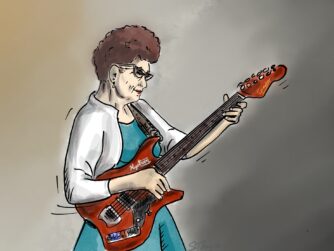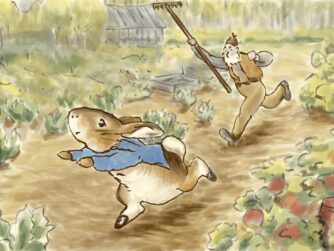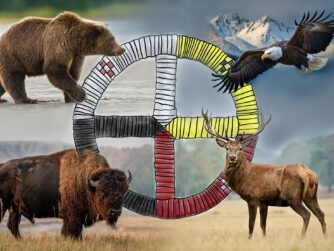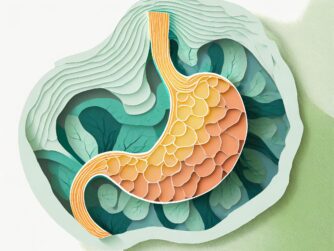Exploring the importance of extended family for Indigenous communities
In this Episode:
- 00:00 – Our Sponsor: Tree of Life Memorials and Digital & Stone
- 00:20 – Intro
- 03:01 – Recipe of the Week: Indian Taco
- 03:36 – The History of Indian Fry Bread
- 08:32 – Marianne’s Powwow Experiences
- 12:27 – Oklahoma in the Oil Boom Era
- 20:05 – Guest Dr. Jeanna Ford on Native American Families
- 30:21 – A Sacred Connection to the Sun, by Joy Harjo
- 33:40 – Outro
How do I help a Native American friend who is sick or grieving?
It may be awkward when someone has a different culture to know what to do. Each tribe, person and family can be different. Dr. Jeanna Ford joins us again to talk about her experiences in her culture and as a medical professional and to give us advice and help to understand. This is especially important for anyone in a healthcare profession or caregiving role.
Native Americans view families to include a wide circle of relatives who share resources and responsibilities. Family includes more than parents and children; families include grandparents, uncles and aunts, cousins, and many others. The circle of relatives who live together or in proximity are linked in mutual interdependence.
References:
- Fry Bread’s Controversial History | Mental Floss
- Native_American_Children_and_Families_Community_Brief.pdf (first5alameda.org)
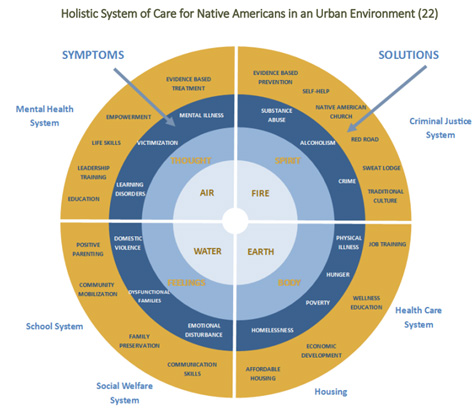
Resources:
- Caregiver Worksheets | National Institute on Aging (nih.gov)
- Native_American_Children_and_Families_Community_Brief.pdf (first5alameda.org)
- American Indian Child Resource Center (aicrc.org)
- Intertribal Friendship House (ifhurbanrez.org)
- Home – Native American Health Center (nativehealth.org)
- Essential Understandings | Native Knowledge 360° – Interactive Teaching Resources (si.edu)
Native American Fry Bread
Across the United States, fry bread is the most ubiquitous Native American food, nearly universal across the 574 Federally-recognized tribes. Its beginnings are tragic, but for tribal communities, the crispy, fluffy deep-fried dough now conjures feelings of love, comfort, celebration, community and survival. Listen to Charlie share the story and what it means to people now.
Palliative Care and Hospice Specialist: Dr. Jeanna Ford
We are honored to be joined in this episode by joined by Dr. Jeanna Ford, a Clinical Nurse Specialist from the Department of Internal Medicine at the University of New Mexico Health system in Albuquerque. Dr. Ford is indigenous herself coming from the Southern Cheyenne and Citizen Potawatomi Nations and practices palliative care in New Mexico caring for many tribal patients from various reservations and pueblos. Today she talks about the importance of family, and both her professional and personal experiences.
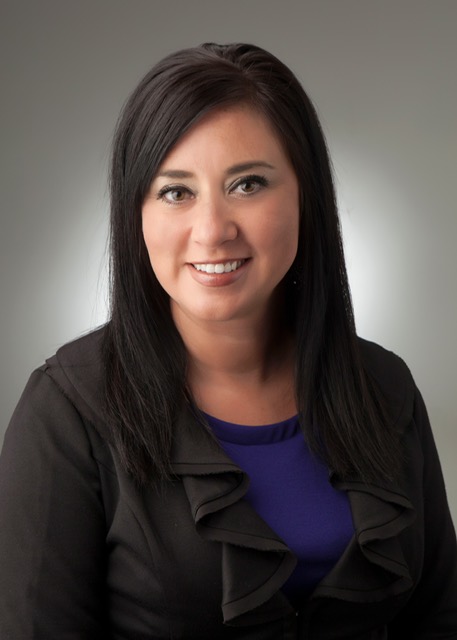
Dr. Ford is a Clinical Nurse Specialist in the field of palliative care and hospice.
She has a Bachelor of Science in Biological Sciences, a Bachelor of Science in Nursing, a Master of Science in Nursing, and a Doctor of Nursing Practice. She is double board certified as a Clinical Nurse Specialist in Adult Health and as an Advanced Certified Hospice & Palliative Care Nurse. Dr. Ford also holds the titles of a Fellow in Palliative Nursing Care as well as a Fellow of Clinical Nurse Specialists.
She has served as a bedside nurse, advance practice nurse, and clinical leader in the specialties of intensive care, oncology, palliative care, hospice and has been instrumental in the startup of several palliative programs.
Dr. Ford is a national speaker, published author, and focuses her clinical expertise in the area of cultural sensitivity at the end of life with an emphasis on indigenous populations. She currently works as the Clinic Director and APRN for the University of New Mexico Hospital’s outpatient palliative care program as well as serves as faculty for the Center to Advance Palliative Care and for the Hospice and Palliative Nurses Association.
A Sacred Connection to the Sun
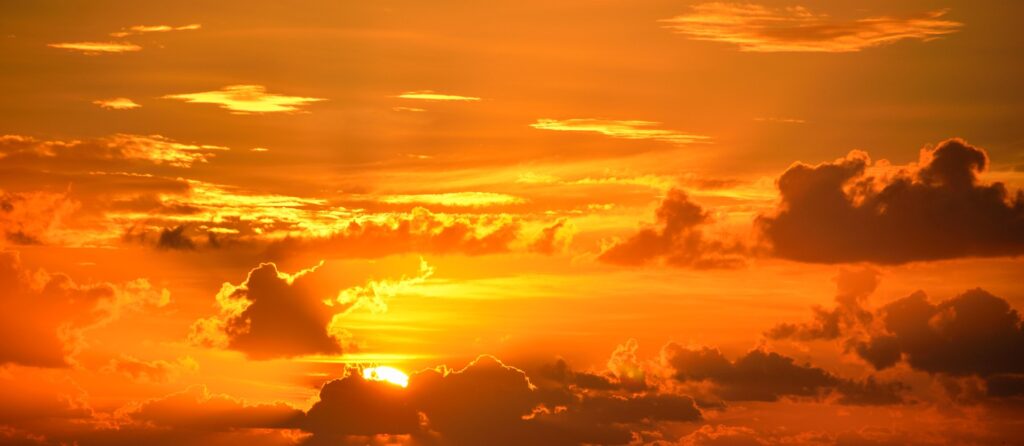
Joy Harjo is an internationally renowned performer and writer of the Muscogee (Creek) Nation. She served three terms as the 23rd Poet Laureate of the United States from 2019-2022 and is winner of Yale’s 2023 Bollingen Prize for American Poetry.
Joy is a chancellor of the Academy of American Poets, Board of Directors Chair of the Native Arts & Cultures Foundation, and is the first Artist-in-Residence for Tulsa’s Bob Dylan Center. She lives in Tulsa, Oklahoma.
In her “Eagle Poem”, Joy Harjo writes, to pray, you open your whole self: to sky, to earth, to sun, to moon. And it is in the heavens that Joy Harjo finds the belief that guides her life. Here she is with her essay for NPR’s series This I Believe.
I believe in the sun. In the tangle of human failures of greed, fear, and forgetfulness, the sun gives me clarity. When explorers first encountered my people, they called us heathens, sun worshippers. They didn't understand that the sun is a relative and illuminates our path on this earth. Many of us continue ceremonies that ensure a connection with the sun. After dancing all night in a circle, we realize that we are a part of a larger sense of stars and planets dancing with us overhead. When the sun rises at the apex of the ceremony, we are renewed. There is no mistaking this connection, though Wal-Mart might be just down the road. Humans are vulnerable and rely on the kindnesses of the earth and the sun; we exist together in a sacred field of meaning. A few weeks ago I visited some friends at a pueblo for a feast day celebration. The runners were up at dawn and completed a ceremonial race that ensures that the sun will continue to return. It is a humble and necessary act of respect. And because the celebration continues, the sun, the earth and these humans are still together in a harmonious relationship. Our earth is shifting. We can all see it. I hear from my Inuit and Yupik relatives up north that everything has changed. It's so hot. There is not enough winter. Animals are confused. Ice is melting. The quantum physicists have it right; they are beginning to think like Indians: Everything is connected dynamically at an intimate level. When you remember this, then the current wobble of the earth makes sense. How much more oil can be drained without replacement, without reciprocity? One day, recently I walked out of a hotel room just off Times Square at dawn to find the sun. It was the fourth morning since the birth of my fourth granddaughter. This was the morning I was to present her to the sun, as a relative, as one of us. It was still dark, overcast as I walked through Times Square. I stood beneath a 21st century totem pole of symbols of multinational corporations, made of flash and neon. The sun rose up over the city, but I couldn't see it amidst the rain. Though I was not at home, bundling up the baby to carry her outside, I carried this newborn girl within the cradleboard of my heart. I held her up and presented her to the sun, so she would be recognized as a relative, so that she won't forget this connection, this promise, so that we all remember the sacredness of life. - Joy Harjo
Recipe of the Week – Indian Tacos
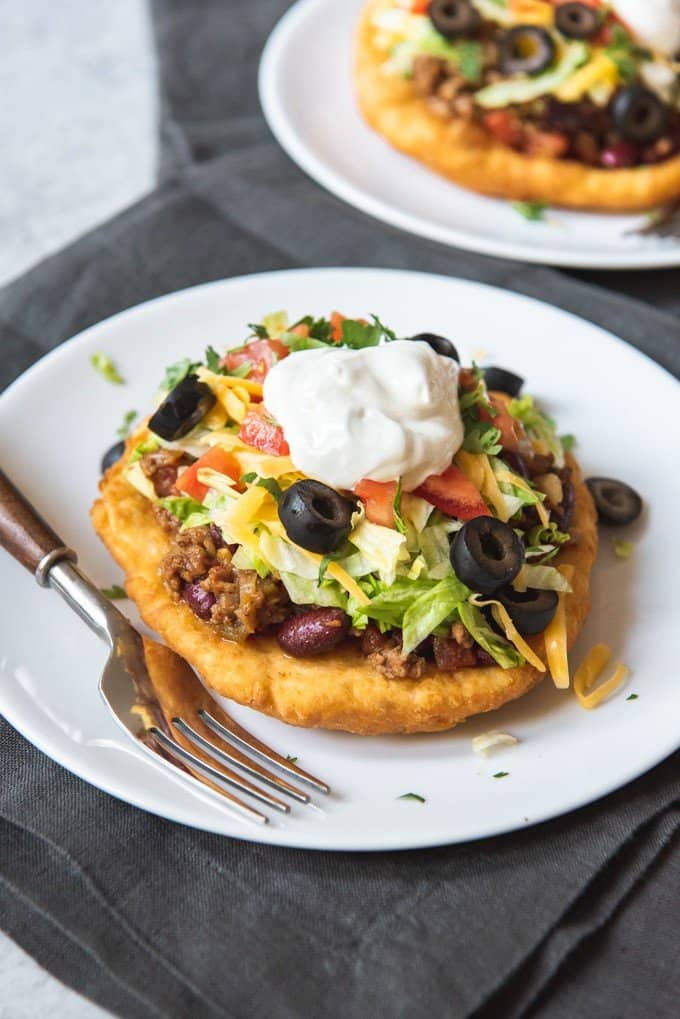
You may not be in a state where food trucks and stands for fry bread are as common as Oklahoma and the Southwest, but we have you covered with this recipe. One of the favorite ways to decorate the bread is with sugar (like funnel cake) or taco toppings, and we think you’ll agree, there’s a reason there’s such a long line at the State Fair booths! Head to House of Nash Eats for how to make the bread and some ideas for the toppings.
Our Sponsors
This episode was sponsored by The Tree of Life Memorials and Digital & Stone – a new platform to create digital memorials, environmental legacies and fine art monuments. Share the Stories, preserve the memories, conserve the land, connect the Souls…. because Love never dies. Find out more at https://www.digitalandstone.com/


https://blog.feedspot.com/palliative_care_podcasts/
Everyone Dies: and yes, it is normal!
Everyone Dies (and yes, it is normal) is a story about a young boy named Jax who finds something special on the beach where he and his grandpa Pops are enjoying a wonderful day. Pops helps Jax understand that death is a normal part of life. This book provides an age appropriate, non-scary, comfortable way to introduce the important topic of mortality to a preschool child. Its simple explanation will last a lifetime. Autographed copies for sale at: www.everyonediesthebook.com. Also available at Amazon
Mourning Jewelry
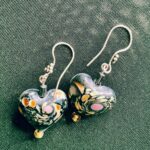
We offer a way to memorialize your loved one or treasured pet with a piece of handmade jewelry. When people comment on it and the wearer can say for example “I received this when my mother died” which opens the conversation about this loss. All our jewelry is made with semi-precious stones and beads, vintage beads, and pearls. You can choose between earrings or bracelets and the color family. Learn More


